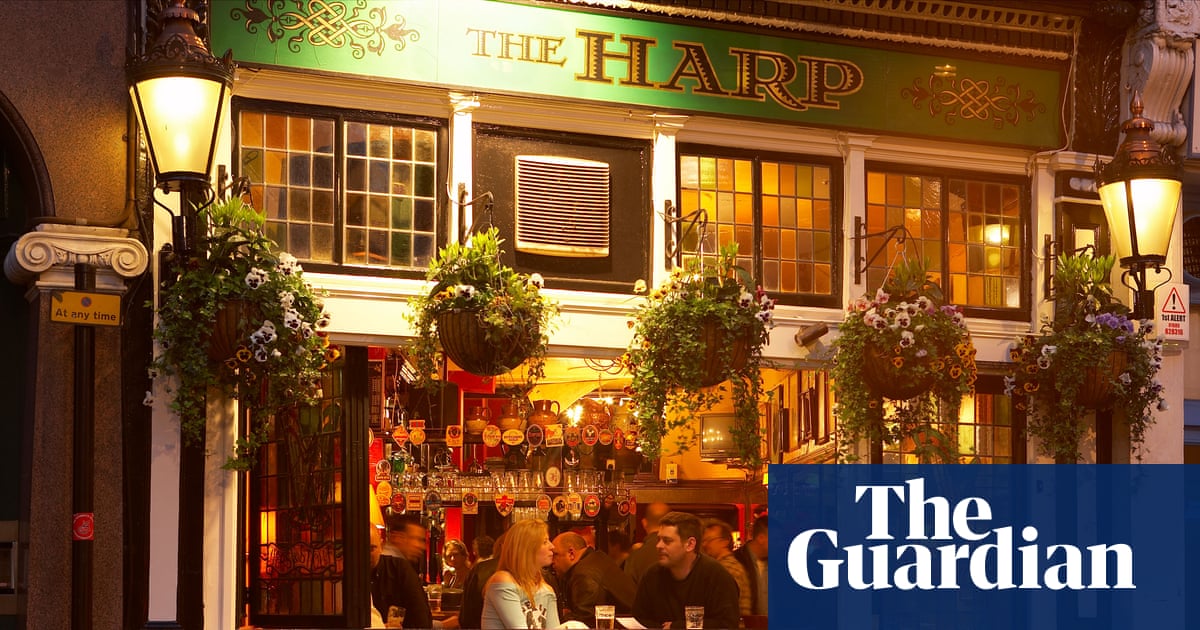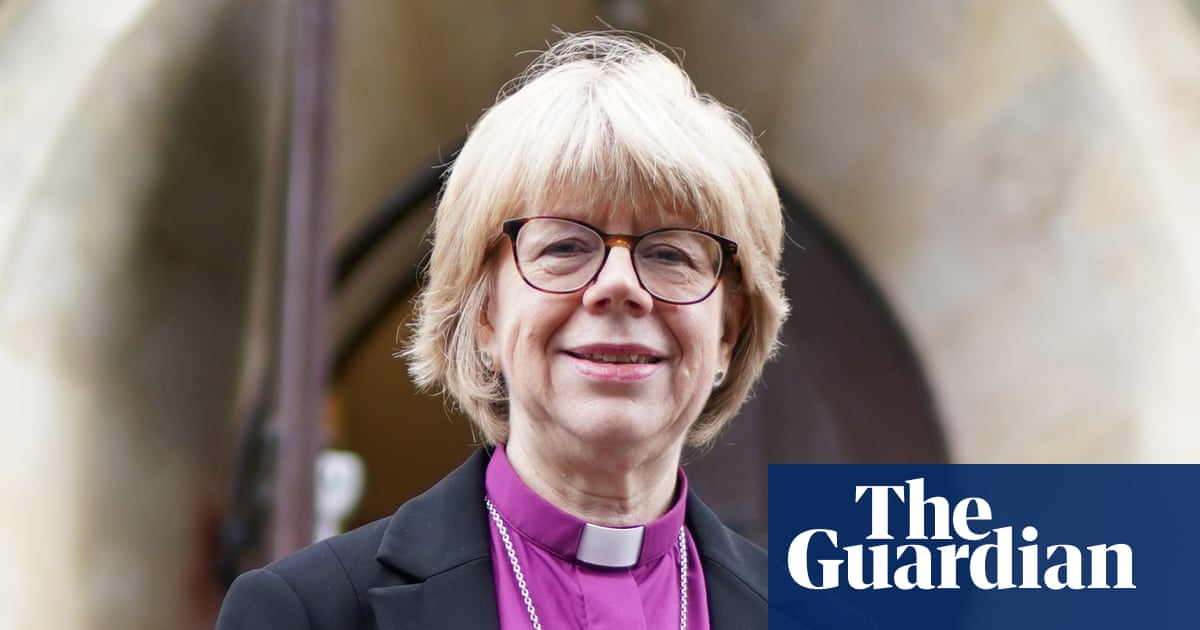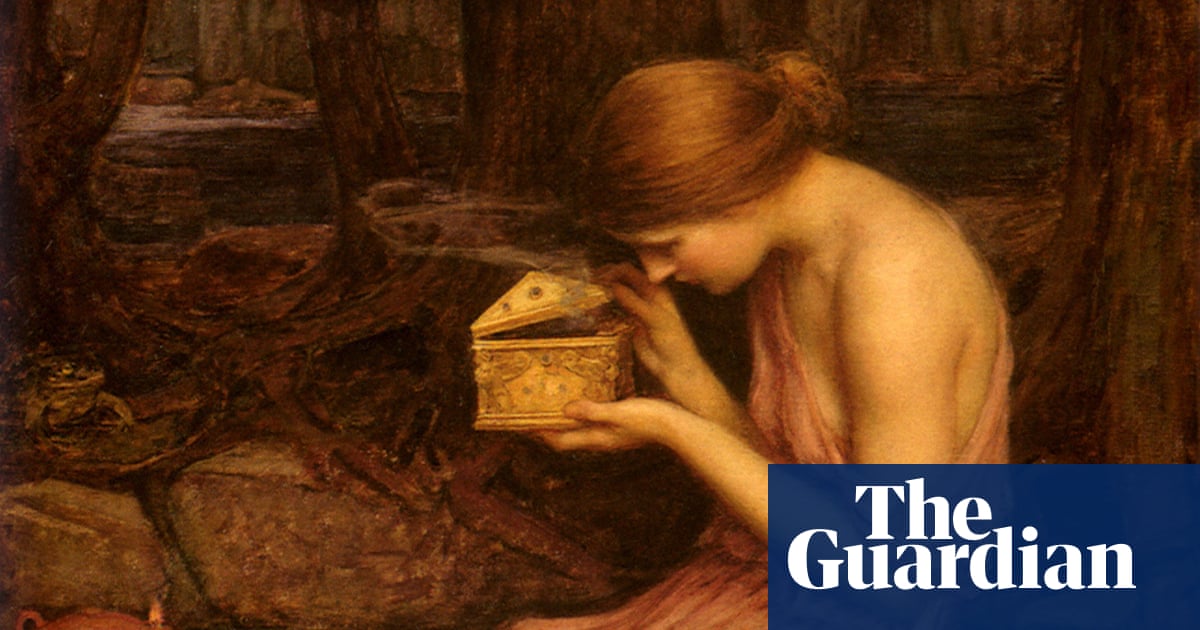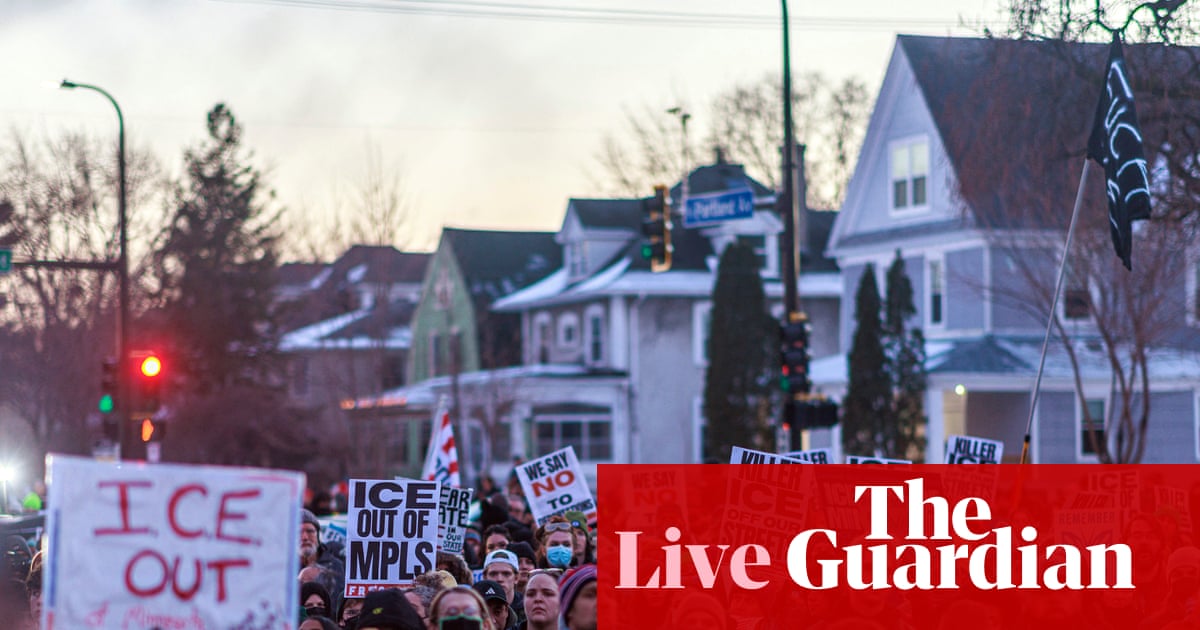England’s established church has now been leaderless for going on 10 months, following Justin Welby’s resignation as archbishop of Canterbury. The Crown Nominations Commission is finally expected to vote on a successor in the coming weeks. Whoever that turns out to be will face familiar and thorny problems, from disagreement over safeguarding structures to the Anglican church’s seemingly unending arguments over sexuality.
After last weekend’s “unite the kingdom” march in London, a new challenge should be added to the list. Christian nationalism is already a force in the United States, and has played a defining role in European culture wars in countries such as Poland and Hungary. At last Saturday’s rally the striking proliferation of wooden crosses and flags bearing Christian slogans suggest an ominous and rising influence on the British far right. From the speakers’ platform in Whitehall, crowds were led in chants of “Christ is King” and participated in public prayer recitals, while being urged to defend “God, faith, family, homeland”.
The secular co-opting of Christian identity to incite racial intolerance and Islamophobia has a track record on these shores. In 2009, the archbishops Rowan Williams and John Sentamu publicly admonished the British National party for using the language of faith “to foster fear”. But it used to be a relatively fringe pursuit. The rise of Reform, and the embedding of the far right within a broader revolt against mainstream politics, suggests that we are in new territory.
As anti-migrant sentiment in Britain is both normalised and radicalised, figures such as Stephen Yaxley-Lennon, also known as Tommy Robinson, are successfully adopting the Viktor Orbán playbook, casting themselves as defenders of a Christian country under existential threat from outsiders. The crosses, Bible verses and prayers on display at the rally – like the Saint George’s flags appearing in streets across the country – placed a patina of false piety on a nativist message brimming with hostility towards the multicultural reality of modern Britain.
In academic literature, the use of Christianity as a cultural dividing line has been aptly characterised as “Christianism” – an aggressive and exclusionary assertion of “belonging” that need not have any connection with actual religious belief. Battered and bruised though the Church of England may be after Mr Welby’s unhappy departure, it must explore ways to assert itself against such perversions of the gospel message of inclusion and compassion for the stranger.
One key to that may lie at grassroots level, where church and interfaith groups are often at the heart of initiatives aimed at enhancing social cohesion and wellbeing. In a statement issued prior to last Saturday’s march, the Bishop of Edmonton observed that “every day, in our churches and on our streets, we see a very different city to the one that the marchers portray”. By embodying an ecumenical sense of neighbourliness, local churches can help counter the far right’s pseudo-Christian posturing.
Church leaders have a duty to do the same on the national stage. Inveighing against the Trump administration’s policy of mass deportations in February, the late Pope Francis was withering in his condemnation of ethno-nationalism dressed up in a cassock and carrying a cross. In an ever more febrile public square, the next archbishop of Canterbury will also need to be loud and clear in their defence of basic Christian principles.
-
Do you have an opinion on the issues raised in this article? If you would like to submit a response of up to 300 words by email to be considered for publication in our letters section, please click here.

 3 months ago
696
3 months ago
696

















































